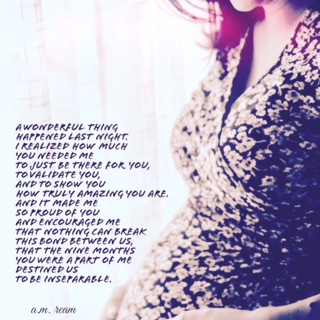Conflict was once an unattractive word to me. Any mention or possibility of conflict filled me with dread. I found my comfort zone within the structure of my culture, where one was taught to obey and to respect elders without question. In addition, I was raised in a family of people pleasers. Both of these factors lessened my negative experiences while at the same time prevented me from learning how to cope with problems that naturally occurred in life.
As I grew closer to adulthood, I still shied away from disagreements and avoided conflict at all costs… Until the dynamics of my relationships changed: I entered the world of marriage and the profession of teaching. Shortly following those life-changing events, I became a mother, eventually becoming responsible for three children. All of these parts of my life were important to me, and the perfectionist nature in me made it more difficult to continue with my negativity towards conflict.
It wasn’t until the past few years that I understood the connection between communication and conflict. Once I became more confident and forthcoming when it came to my relationships, the level of fear slowly began to lower. There were more major changes in my life, including new opportunities of employment where I learned how to relate to a variety of people and how to make the best of situations that could possibly end negatively.
However, it wasn’t until my children entered adolescence that I actively sought help on how to relate to them and how to improve the way I responded to conflict. Because of my difference in personality compared to these young adults, and because the environment surrounding my own childhood was extremely different, I needed to find a better parenting style.
I was fortunate to be steered towards a book that discussed different personalities (also referred as energy types) that opened my eyes to the many different approaches that I had never considered. The main theme of the book was to identify the four types of personalities, specifically in one’s children, and to modify one’s approach to parenting based on each child’s unique differences.
Once I began to implement these changes in my life, both as a mom and as a wife, I immediately began to experience less conflict and to see positive changes in the relationships with the most important people in my life.

No matter your experience regarding conflict and communication, I encourage you to examine the differences between you and your loved ones. These are the things which make all of us unique and give us a way to impact the world in a way it may not have been before.
Recommended Reading: The Child Whisperer, The Ultimate Handbook for Raising Happy, Successful, and Cooperative Children by Carol Tuttle


